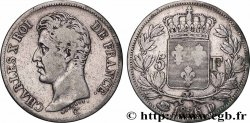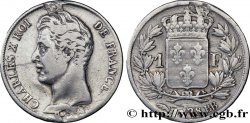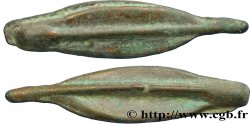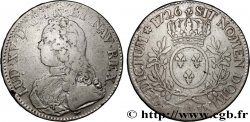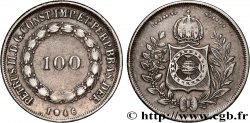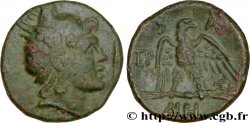fme_787740 - CHARLES X Médaillon en terre cuite, Route départementale
180.00 €(Approx. 208.80$ | 158.40£)
Quantity
Add to your cart

Type : Médaillon en terre cuite, Route départementale
Date: 1825
Mint name / Town : 33 - Bordeaux
Metal : various
Diameter : 73 mm
Orientation dies : 12 h.
Weight : 55,81 g.
Edge : lisse
Puncheon : sans poinçon
Coments on the condition:
Présence de coups et de manques sur les rebords
Catalogue references :
Obverse
Obverse legend : CHARLES X. / - / GIRONDE / - / 1825..
Obverse description : Légende en 3 lignes horizontales.
Reverse
Reverse legend : ROUTE DEP.LE / DE BORDEAUX / A / LA TESTE.
Reverse description : Légende en 4 lignes horizontales.
Commentary
Exemplaire en terre cuite.
Compte tenu du matériau et de sa fragilité naturelle, nous conseillons le retrait en magasin. Nous ne serons tenu responsable de l’état de conservation à la réception du colis si vous optez pour un envoi postal .
Terracotta specimen. Given the material and its natural fragility, we recommend in-store collection. We will not be held responsible for the condition of the parcel upon receipt if you opt for postal delivery.
Compte tenu du matériau et de sa fragilité naturelle, nous conseillons le retrait en magasin. Nous ne serons tenu responsable de l’état de conservation à la réception du colis si vous optez pour un envoi postal .
Terracotta specimen. Given the material and its natural fragility, we recommend in-store collection. We will not be held responsible for the condition of the parcel upon receipt if you opt for postal delivery.







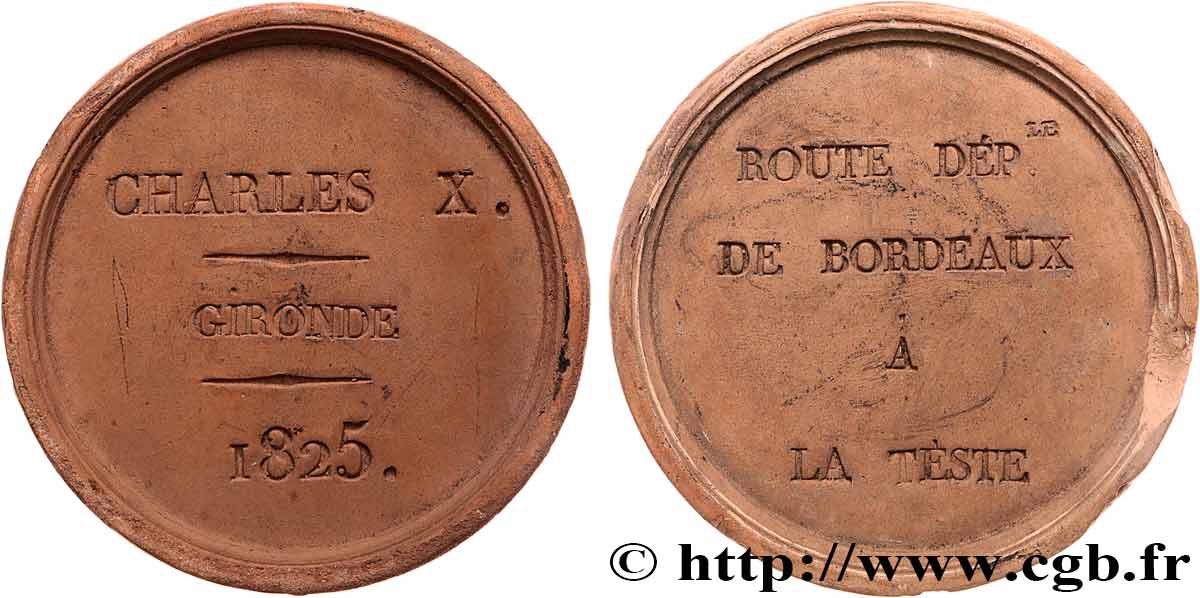
 Report a mistake
Report a mistake Print the page
Print the page Share my selection
Share my selection Ask a question
Ask a question Consign / sell
Consign / sell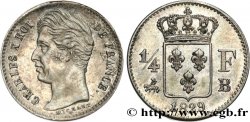
 Full data
Full data